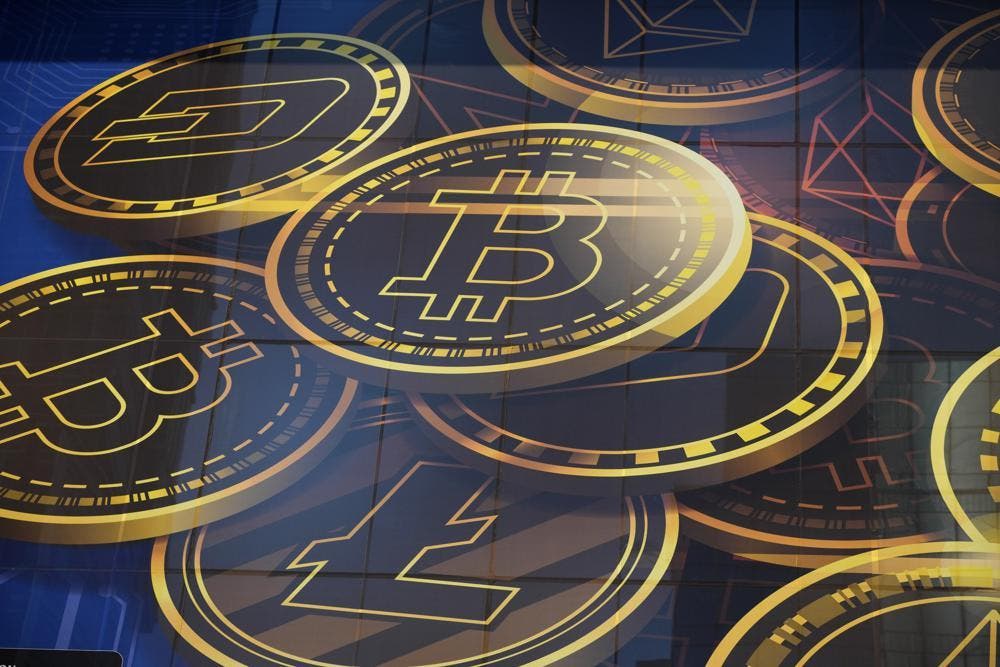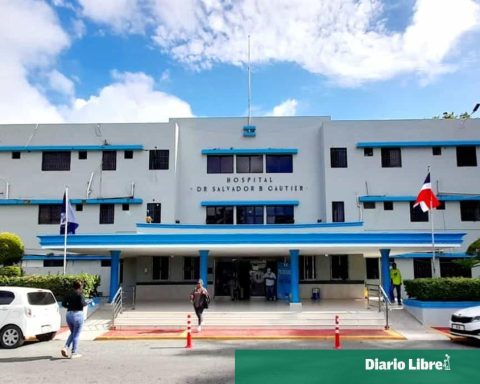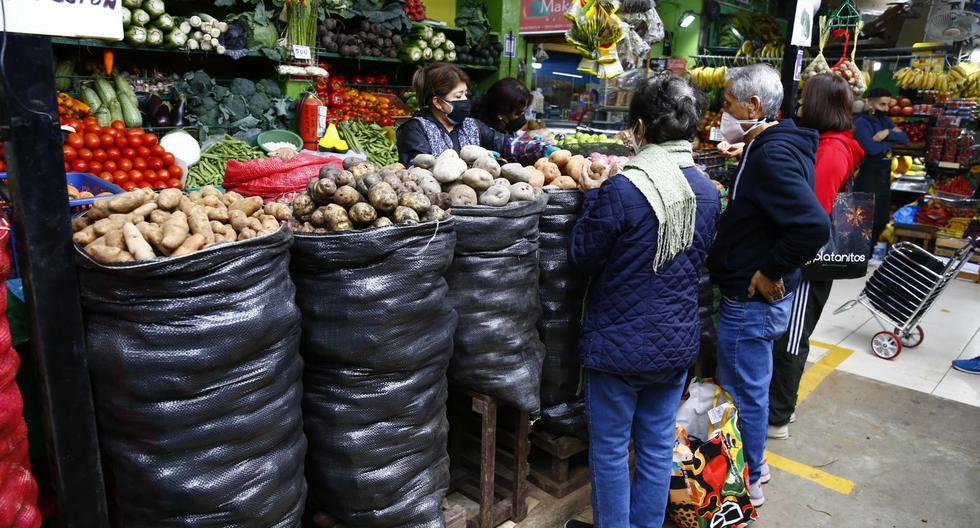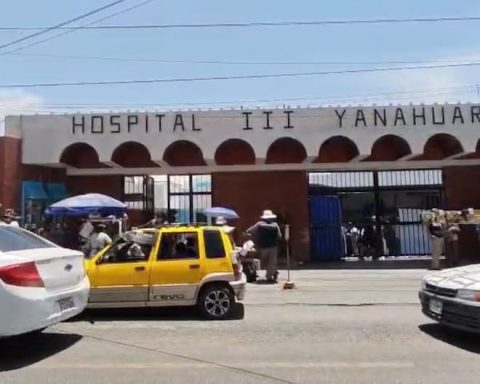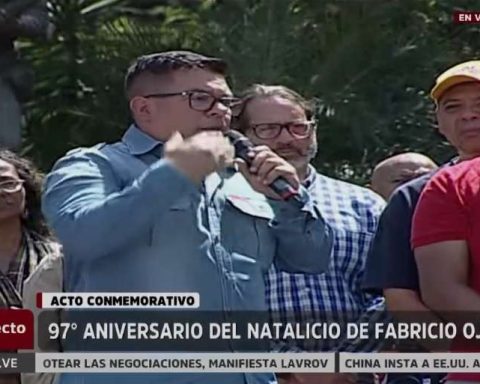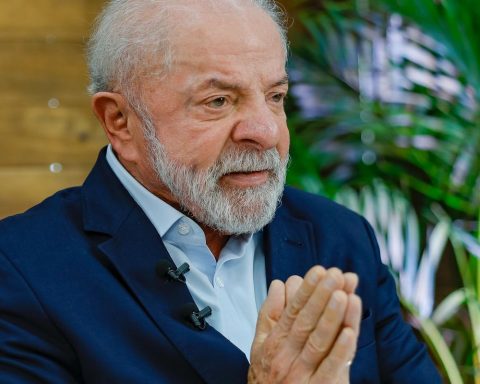The decision of central bank announcing that cryptocurrencies do not have their support and are not protected by the legal framework of the country slows down the development of these digital currencies in the Dominican Republic and makes it difficult for businesses to take advantage of the opportunity offered by their promotion in the country and the rest of Latin America.
The claim is contained in a LLYC “Communication Opportunities and Challenges for Crypto Businesses” report, which reveals that the Fintech sector raised nearly 15 billion dollars throughout Latin America during 2021.
Faced with this scenario, the report: “Communication opportunities and challenges for Crypto companies” by LLYC, analyzes how companies in this sector can use different communication resources and tools to develop an efficient strategy that allows them to achieve their business objectives. in complex and challenging environments. Even more so in countries like the Dominican Republic, where there is still a long way to go in terms of virtual assets.
Can read: Leonel Fernández points out the lack of regularization in the cryptocurrency market
It is already legal to invest in cryptocurrencies in several Latin American countries.
El Salvador has been the first country to accept this type of currency as legal, something not well seen by the International Monetary Fund.
It is also legal to invest in cryptocurrencies in Argentina.
It is also estimated that about 10 million Brazilians already participate in the digital asset market, according to CoinMarketCap.
Market regulation in Brazil has been advancing in line with the growth in cryptocurrency adoption, with lawmakers creating a regulatory sandbox.
Also the Central Bank and the Commission for the Financial Market of Chile have said that the existing regulations are applicable to cryptocurrencies and the country is preparing a regulatory and supervisory framework for virtual currencies,
In Peru, the cryptocurrency law governs, which seeks to define crypto assets and regulate transactions with cryptos.
In Venezuela, its use was encouraged with the regulation of the PETRO cryptocurrency.
In Mexico, for now, the interpretation of their use governs, and financial institutions can only use them internally.
cryptocurrency
A cryptocurrency or cryptocurrency is a form of digital asset based on a network that is distributed over a large number of computers. This is what makes it decentralized (it does not depend on a large central computer).
